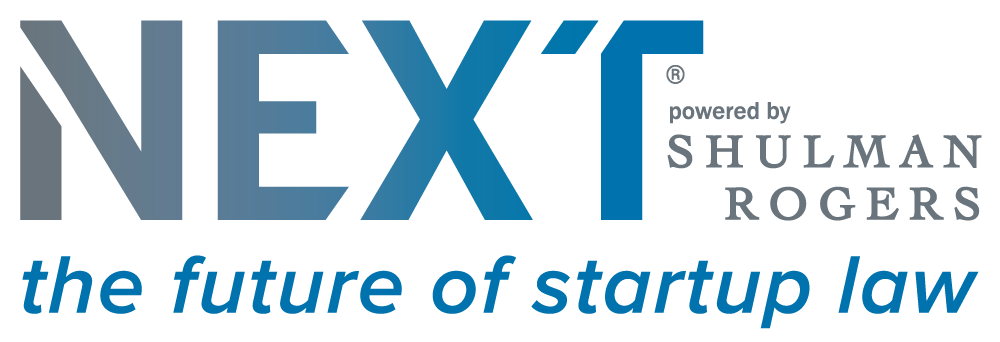Are You Following These Two Steps to Improve Your Startup Efficiency?
From NEXT Partner Pareto
Startup founders, executives, and managers are constantly looking for ways to be more efficient.
When you’re running a startup, every single minute counts. A mountain of tasks is constantly pilling on you. You have to be efficient and ensure that delegated tasks fit your quality standard.
But how do you identify the opportunities to improve efficiency?
And how do you know which tasks to delegate and which to keep for yourself?
Why Startups Are Inefficient
While startup mentality is all about iterating fast, early-stage startups are markedly inefficient. Startup founders face several challenges that can make it difficult for them to streamline processes:
- Resources are limited. Time, money, and staff are limited compared to more established companies.
- They lack experience. Many startup founders are inexperienced entrepreneurs. This may mean they’re still learning how to run a business and what it takes to succeed.
- They try to do everything. Founders will often think of their startup as their baby and try to do everything rather than delegating work to those more skilled.
What Are the Basics of Improving Startup Efficiency?
Efficiency measures how well you accomplish a task with as little waste as possible (of time, money, and resources). There are two pillars to efficiency: measurement and delegation.
Step 1: Know Where You Stand (Efficiency Metrics)
Measuring efficiency is key. Without knowing what’s going on in your business, you’ll be in the dark. You’ll have trouble identifying areas where you may be lacking. Measurement can refer to:
- Expense tracking. Keeping a categorical log of all expenses will resurface any financial sinks you may not have been aware of.
- Time tracking. By tracking where your most valuable employees are spending their time, you’ll better profit from their skill sets and help them prioritize their time effectively.
- Performance review. When you give plenty of outlets to share feedback across the team, you’re creating a place for everyone to grow.
The second efficiency pillar is delegation. While many founders feel like they need to do everything themselves, delegating frees up time to focus on growing your business and building relationships with customers or investors.
However, not all tasks should be delegated.
Step 2: Delegate Smartly
Delegating tasks is critical when running a startup. It’s one of the most effective ways to save time and focus on the core work that pushes your business forward. Before deciding to delegate tasks, ask yourself:
- Is this a core competency? Core competencies should be entrusted to team members that know your business best.
- Will this affect the overall strategy? Critical decision-making processes should also be kept in-house.
On the contrary, tasks with a repeatable process, such as administrative work, lead generation, research, and data analysis, are easily delegated. Delegating time-consuming repeatable tasks frees up your time so you can focus on the work only you can do.
At Pareto, we’re all about working smarter not harder.
Instead of spending hours building spreadsheets, spend more time defining your business killer strategy. Pareto’s women-led and operated extended team tackles time-consuming B2B lead generation, high-volume research, data collection, and much more, so you don’t have to!



